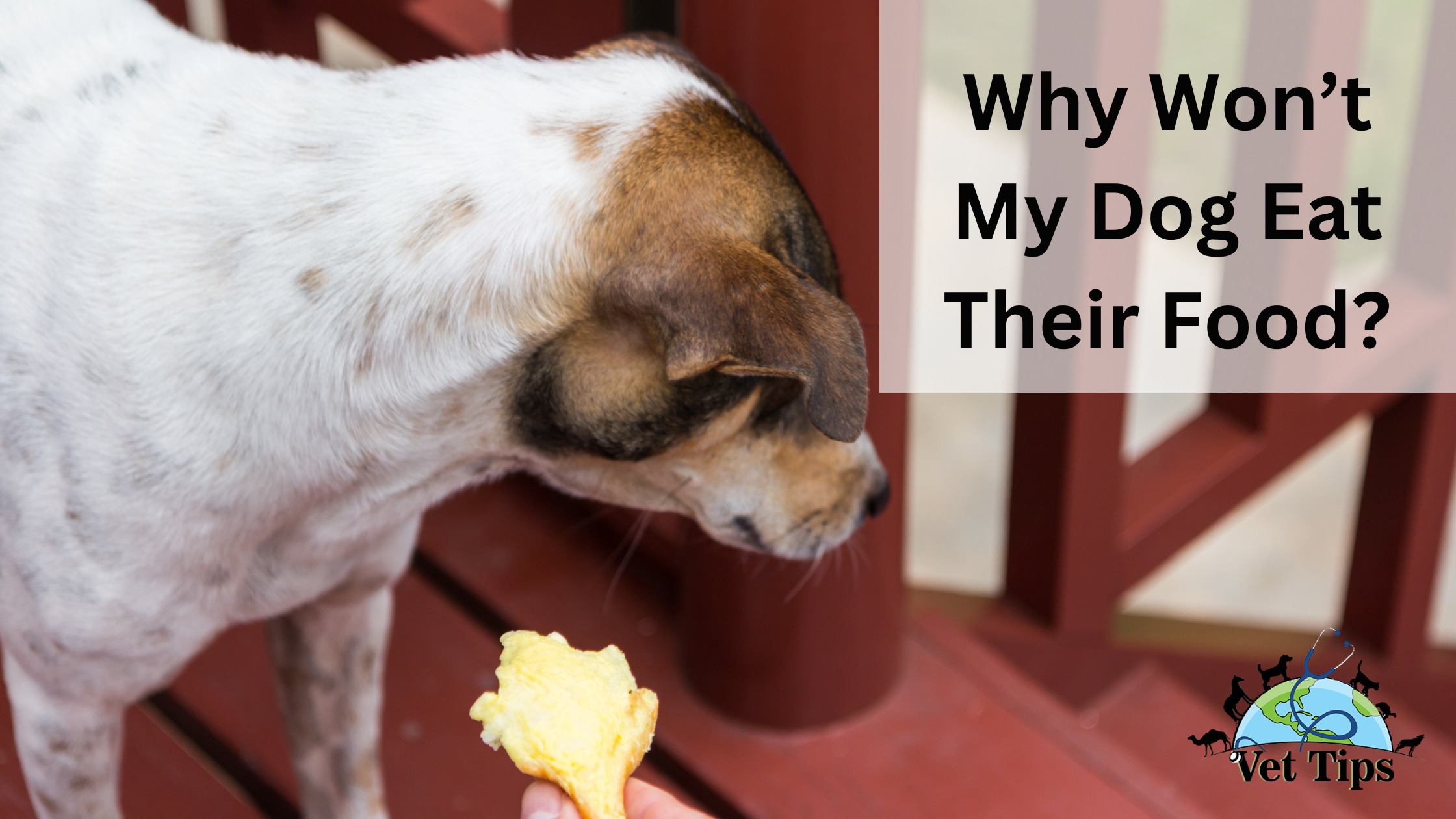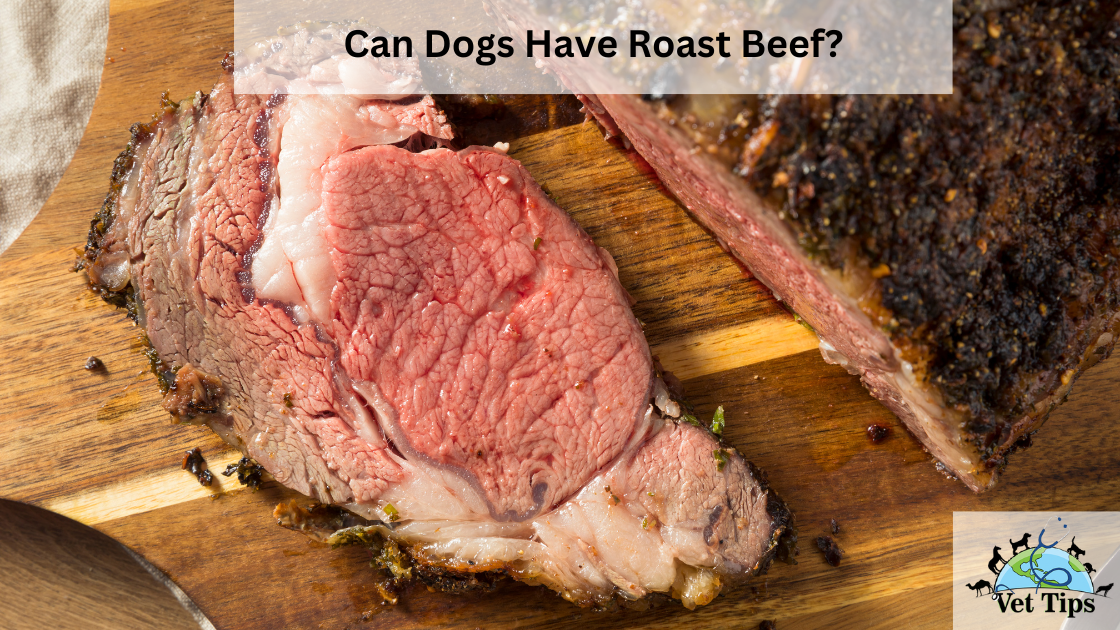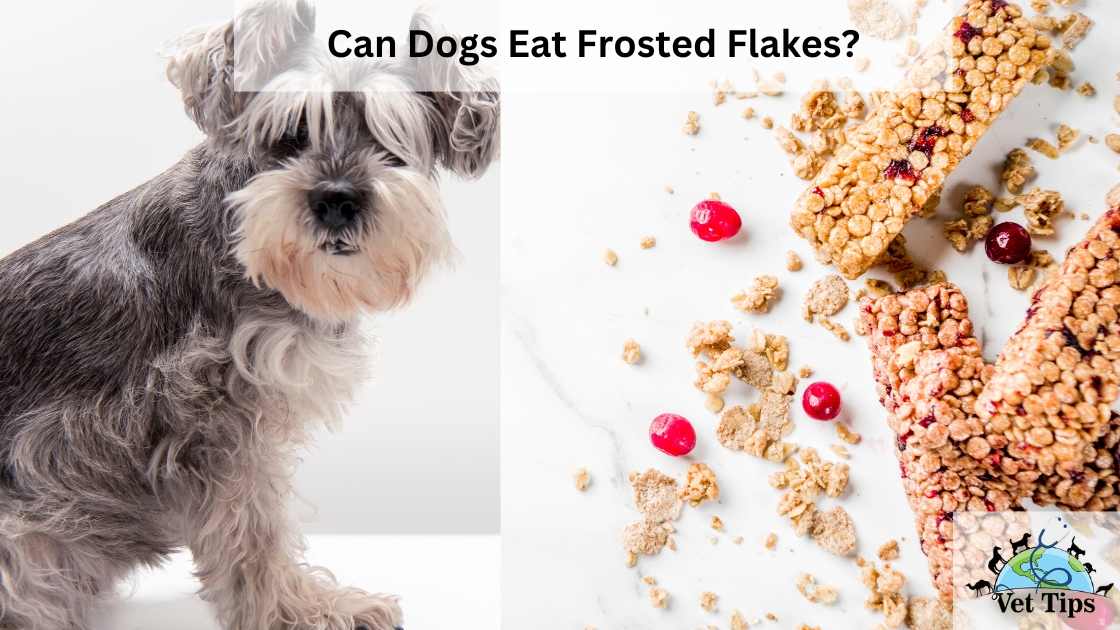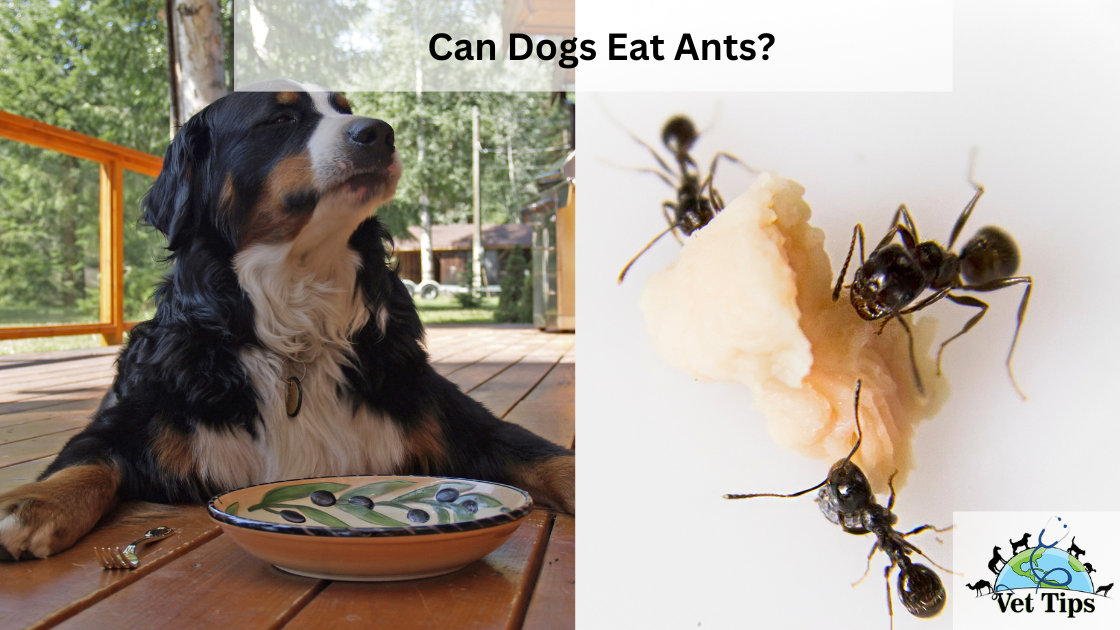When your cherished four-legged friend won’t eat their dog food, it can be nerve-wracking and difficult to deal with the situation. Every pet owner wants to make sure that his furry friend is receiving the necessary amount of nourishment on a daily basis. But why won’t my dog eat their food? Let’s investigate some measures to get to the bottom of what’s causing their resistance, and then talk about some potential remedies.
Steps to Find Out Why Your Dog Isn’t Eating
Observe Your Dog’s Behavior
First things first, watch how your dog acts when lunchtime rolls around. Are they acting uninterested in what they’re eating, looking away from it, or sniffing it without eating it? A significant amount of insight into the matter may be gained through gaining an understanding of their conduct. Maintain vigilance for any shifts in appetite, energy levels, or general mood and report them immediately.
Check Your Dog’s Mouth & Body
Conduct a thorough examination of your dog’s mouth and body, looking for any indications of pain or underlying health issues. When you have dental difficulties, including gum disease or a toothache, eating can be quite uncomfortable. Examine their mouths for any signs of inflammation, such as redness, swelling, or sores. In addition, inspect their body for any abnormal lumps, bumps, or injuries that could be affecting their appetite.
Check Your Environment
Examine the surrounding area where your dog consumes food. Is it quiet, and are there no interruptions or other disturbances? Dogs are known to be highly attuned to their environments. It’s possible that they won’t eat in a setting that’s too noisy or too stressful. When it’s time for your dog to eat, create an environment that is calm and quiet, free from distracting factors like other animals or loud noises.
Examine Your Own Actions
Think about the things you do and how you respond when it comes to mealtimes. Dogs are very observant animals that are able to catch up on their owners’ feelings. Are you unintentionally indicating that you are concerned or worried about their eating habits? It’s possible that our worry or anxiety might have an effect on our dog’s appetite. Maintain your composure and an upbeat attitude throughout mealtimes in order to make everyone feel at ease.
Reasons Why Your Dog Isn’t Eating
Mouth-Related Problems
Mouth-related difficulties are a frequent contributor to the phenomenon of dogs refusing to eat. Eating may be a painful and uncomfortable experience for someone who has dental problems such as tooth decay, gum disease, or damaged teeth. In these circumstances, it’s possible that your dog will completely ignore their meal. If you think your pet may have dental problems, you should take them to the veterinarian so they may have a complete evaluation and get the care they need.
Sudden Food Sensitivity
Sometimes, canines can all of a sudden acquire sensitivities or allergies to particular components of the food they eat. It’s possible that they are no longer able to tolerate an old favorite brand or kind of dog food. Be on the lookout for any symptoms of gastrointestinal distress, including itching or skin irritations. If you believe that your pet may have a food sensitivity, you may want to attempt switching to a new brand of food gradually or asking your veterinarian for nutritional suggestions.
Stress and Anxiety
Because dogs are sensitive animals, feelings of worry or stress might cause them to lose their appetite. Your dog may experience emotional discomfort if they go through significant life changes as you do, such as moving to a new house, welcoming a new family member, or experiencing the loss of a loved one. If you think that stress or worry may be the cause of their eating problems, you should strive to establish an environment that is relaxing and comforting for them. It can be helpful to reduce their anxiety if you give them additional affection, attention, and mental stimulation.
Change in Environment or Routine
Because dogs are creatures of habit, the slightest alteration in their surroundings or daily routine can cause significant shifts in their dietary preferences. They may become disoriented if they are moved to a new feeding place, given a new bowl, or have their mealtimes changed. Dogs thrive on regularity, therefore it is important to do your best to keep it consistent in order to help them feel more at ease and safe when it comes to mealtimes.
Recent Vaccinations and New Medications
A temporary lack of appetite is one of the potential adverse effects that might occur after receiving certain immunizations or drugs. It is possible that your dog’s diminished appetite is the consequence of recent changes in their medical regimen, such as the administration of new medications or immunizations. You should keep an eye on their feeding patterns and get in touch with your veterinarian if the problem continues or gets worse.
Feeding Your Dog Human Food
It’s possible that your dog will lose interest in dog food if you feed it human food, especially if it’s something you do on a regular basis. It’s possible for dogs to acquire a taste and texture preference for human food, which makes their kibble less enticing to them in the long run. There is a possibility that canine diets require certain nutrients that are not present in human food. If you’ve been feeding your dog table scraps from time to time, it’s time to wean them off of your food and get them back on their own, so you don’t teach them to be picky eaters.
FAQs
How Long Can a Dog Go Without Eating?
Even though it’s worrying when your dog refuses to eat, in most cases they can go for a number of days without eating without suffering serious health consequences. During this period, it is essential to keep a close eye on both their water consumption and their general demeanor. It is imperative that you schedule an appointment with your veterinarian as soon as possible if your dog continues to show indications of dehydration or lethargic behavior in addition to a refusal to eat for more than a couple of days. Your veterinarian can assist establish the underlying reason of your pet’s lack of appetite and give therapy that is suitable for the condition. A prolonged loss of appetite can lead to major health problems.
How To Get Your Dog To Eat?
To get your dog to eat, you may try a few different things that are designed to stimulate their appetite:
- Ensure a calm and peaceful setting during mealtimes.
- Maintain a regular and predictable feeding schedule.
- Give them food a little warm-up to release more of its scent and make it seem more appetizing.
- To give their dry food a more appetizing flavor, mix in a few drops of low-sodium broth or some wet food.
- Instead of serving one enormous meal, provide many meals that are more manageable in size.
- To make mealtimes more interesting and entertaining for your child, try using food-dispensing toys or puzzle toys.
- You should think about giving other brands or types of dog food a try in order to locate one that satisfies their preferences in terms of flavor.
- Do not give them an excessive amount of snacks or human food because this might cause them to lose their appetite.
Tell us in the comments, how you like our article “Why Won’t My Dog Eat Their Food?”
For similar posts like this, click here.
For the source file, click here.




